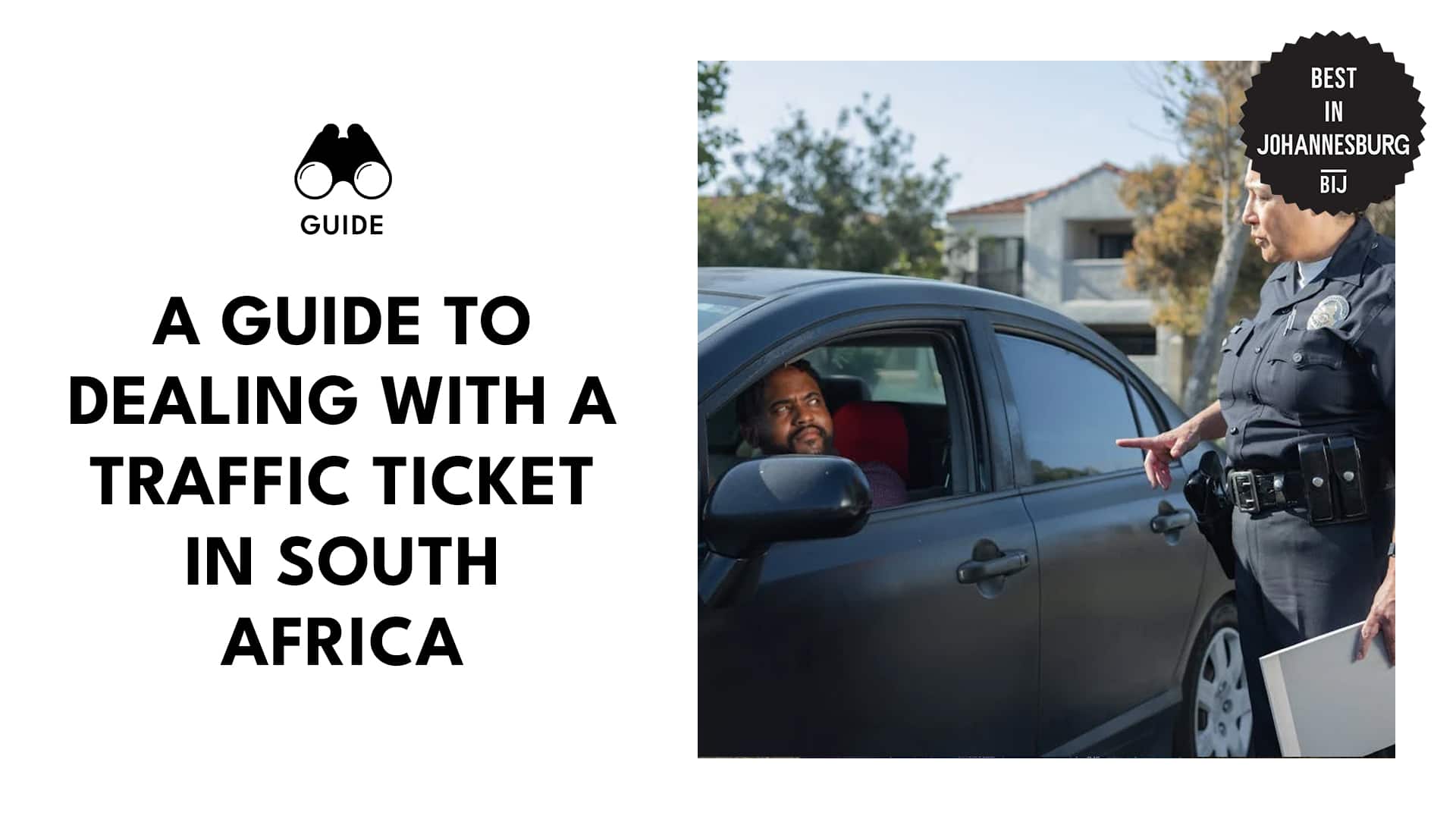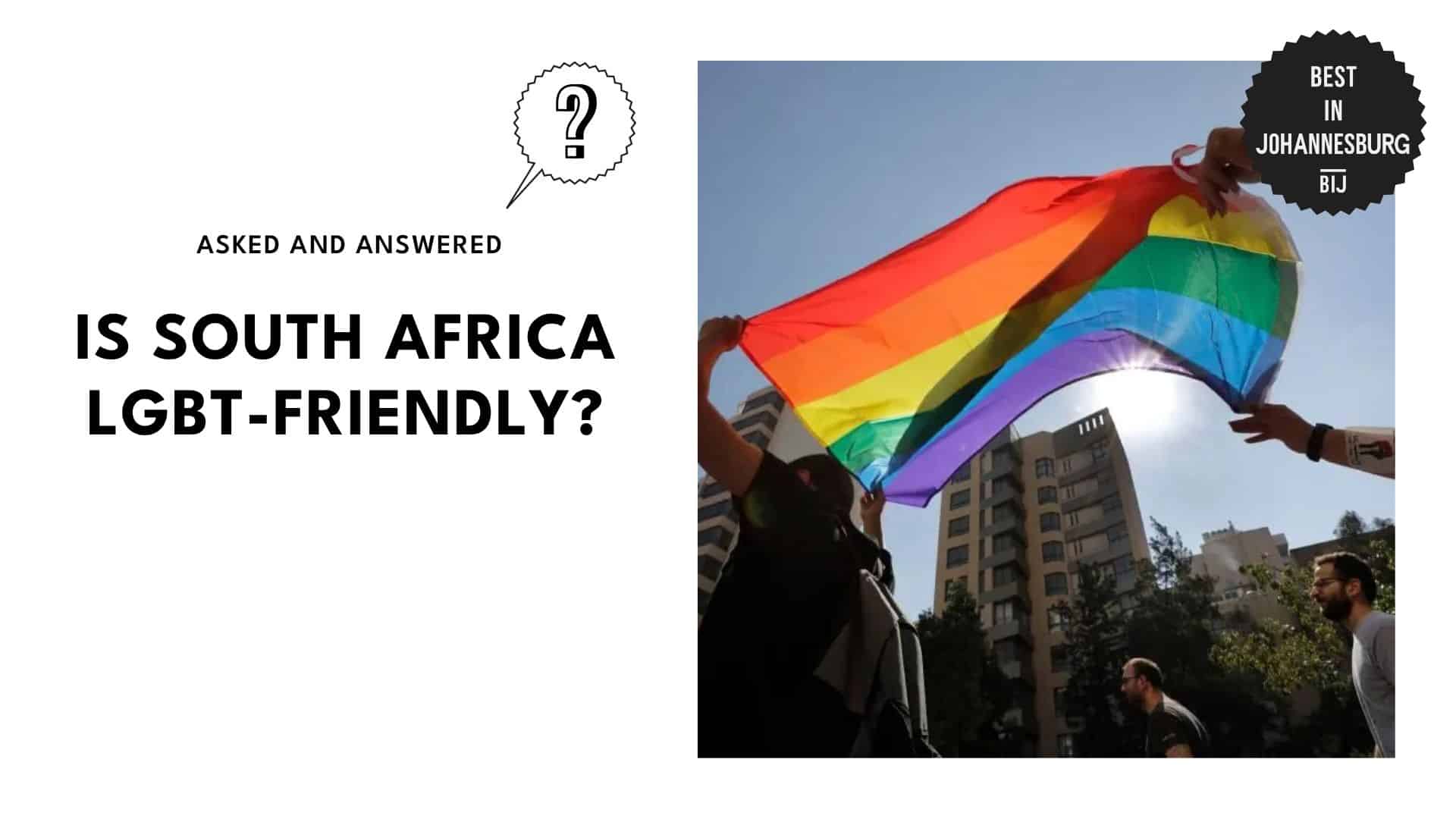Categories > Guides and Tips

A Guide to Dealing with a Traffic Ticket in South Africa
Getting a traffic ticket in South Africa can make anyone feel anxious. Who wouldn’t be especially since you know you’ve committed some form of traffic violation that you need to sort out via a traffic ticket or a court summons?
Traffic violations in this country are serious offences and can have major repercussions for you. Fortunately, there are some steps you can take to efficiently handle a traffic ticket when in South Africa, and we’ve listed them here to help you out.
How do you deal with a traffic ticket in South Africa?

| Difficulty | Average ●●●○○ |
| Number of Steps | Four (4) steps |
| Time required | One (1) month |
| Things you need | Issued traffic ticket |
For you to deal with a traffic ticket in South Africa, you need to identify what kind of fine the traffic ticket requires, coordinate with authorities to determine your accountability and contest any fines that you think should be contested.
Once you’ve done all this, you then need to pay your fine to avoid any warrants or any other penalties issued against you.
Step 1: Determine the type of traffic ticket you received

In South Africa, there are generally two methods by which traffic tickets are issued by authorities.
The first one is called an AS56 notice issued by a traffic officer in person. The second is an S341 notice, which is system-generated and given for an expired licence for speeding caught via fixed cameras.
There’s a third type of notice you might encounter if you’re in Pretoria, Tshwane, or Johannesburg, and it’s called an AARTO. The handling, challenge, and payment for the third type of fine are a bit different from the first two, but we’ll discuss this more later.
1. S56 Notice
Once an AS56 Notice is handed to you in person by traffic personnel, you will immediately see the details of your offence and the court date on the notice itself. You then have about a month to settle your fines with the traffic department.
If you fail to pay the fine within 30 days, you may be issued a court summons to defend your case. Within those thirty days, you can send a challenge letter or fax one to the traffic department that issued the notice to explain why you shouldn’t be fined.
2. S341
As mentioned earlier, S341 notices are issued due to expired licences and violations, such as speeding, caught by fixed or CCTV cameras. It has a similar process to the earlier discussed AS56, but it differs slightly in terms of when it should be issued.
S341 notices are required by law to be issued within 30 days of your alleged violation. If the traffic department or authorities fail to issue this notice within 30 days, then the violation can be contested and invalidated (even in court).
Step 2: Coordinate with concerned authorities to check your accountability

Depending on what kind of notice you receive, you will have to coordinate with the authorities to either contest or comply with the violation. Moreover, coordinate as soon as you receive the notice!
You can either write to the concerned traffic department or the court that summoned you for the violation to either pay the fine or contest your violation. Believe us; it’s better that you do this ASAP if you don’t want more trouble!
Paying upfront is okay, but if you want to coordinate your appeal, below are some of the things you need to do:
1. Coordinating with Authorities for S56 Notices
For S56 Notices, you have the option to write or approach the prosecutor of the court where you were summoned. While you don’t need to attach an affidavit if you decide to write, you have to attach a copy of the S56 notice and keep the original on file.
On the other hand, if you choose to appear in court, then make sure you bring with you an attorney whose expertise is traffic law. This will prove crucial if you want to eventually contest or challenge your violation.
2. Coordinating with Authorities for S341 Notices
For S341 Notices, you can write the concerned traffic department indicating the compounding notice number. It’s best to attach a copy of the compounding notice itself and to keep a copy of the original for your file.
You don’t need to attach an affidavit for this, and there are several options to send this out. Sending the traffic department an email, fax, or registered mail will do just fine, but make sure that you have a paper trail as proof that you coordinated with authorities.
3. Coordinating with Authorities for AARTO Notices
If you get a traffic ticket in either Johannesburg or Tshwane, you’ll have to deal with an AARTO notice. To contact the authorities for this kind of traffic ticket, you have to download the needed representation form from this link.
Next, you have to provide all the details in the form such as the issuing authority name and the infringement notice number. Once you’ve attached the other evidence (if you have any), you can then submit the form via the AARTO website.
After your submission, wait for the status to change from “infringement” to “representation”. Lastly, you need to download the AARTO 05c receipt as proof of your submission or compliance.
Step 3: Pay or contest the fines of your traffic ticket (as applicable)

You can pay your fine immediately after you receive your traffic ticket. To do this, you need to approach the concerned traffic department that issued the notice within 30 days and settle the fine.
If you go beyond the 30-day timeline, a summons might be issued, and you have to appear in court to defend and appeal your case.
However, if you want to appeal your notice, you have to coordinate with the traffic department concerned before a summons is issued (which was discussed in the earlier step).
Keep in mind that your appeal should include the reason why you shouldn’t be fined. If the prosecutor thinks that the matter should be prosecuted further, he or she will send it to the judge for a final decision.
Step 4: Wait for the decision of your appeal

Once you’re done coordinating with the traffic department concerned and instead of paying, you decide to contest your traffic ticket, then you just need to wait for the decision of your appeal. We’re not very optimistic about getting a response though.
Traffic departments and prosecutors will rarely respond to appeals, and in most scenarios, you’ll only get a reduced fine. So if you want to know what happened to your appeal, it’s best to follow up with the office to which you sent your letter of appeal.
If your appeal is denied, then you’ll be summoned to court, and we highly recommend that you hire a lawyer to help you with your defence. For S56 Notices, you may be given a criminal record if found guilty.
On the other hand, notices under the S341 or AARTO won’t lead to a criminal record as long as you pay the admission of guilt fine.





